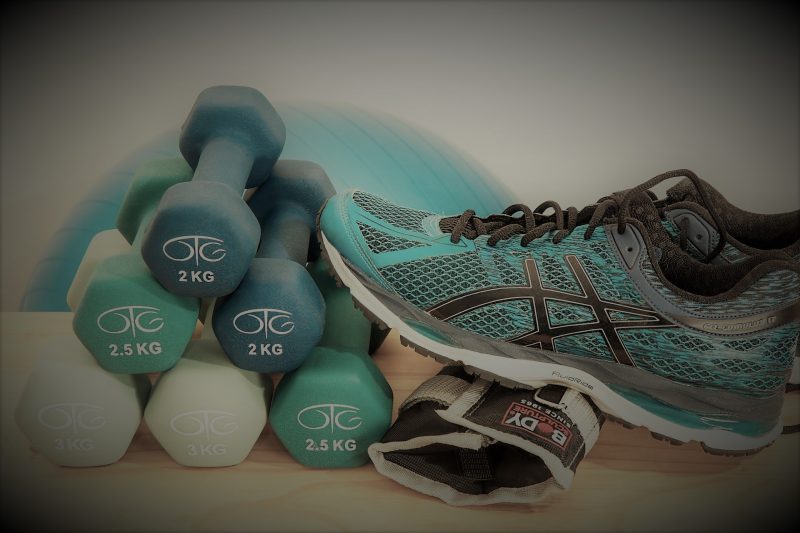
Managing expectations
Lately, I have been finding myself a lot in either end of the “manage your expectations” conversation. Either trying to put things in perspective for a friend, or having a little reality check myself, there seems to be a lot of “life assessment” going on. Although these conversations seem to include a lot of “pointing out the obvious”, this is sometimes necessary, so we don´t only passively know something, but we are actively aware of it. Having things laid out sometimes helps with consciously recognising “this is something that requires me to adjust and manage my expectations” instead of going down that rabbit hole of “ifs” and “maybes” and “let’s really look to see if there really isn’t another way” we all know oh-so-well.
Case in point, I am currently injured from a sports-related accident. What you should know for context is this: this is next to end of the world for me – the gym is basically my natural habitat. After 4 days of no improvement and painful movement, I got myself to the Naprapat, in the type of bad mood only a few days withdrawal and force-stopped progress could give you (exercise junkies can for sure relate). On my way, I found myself googling my type of injury and recovery strategies – but this time my googling was not focused on the answer I wanted (“I can work-out anyway, it is not that bad, you can use this support band or that gadget”). Instead, I was looking for a recovery timeline so I would know what to expect. So, when she told me that for now I need total rest, and we will re-evaluate whether or not I am ready to start rehab in 3 weeks, I take it as hopeful news – as I now know it will take up to 6 months to come back from this. It was not the news I hoped for, but it was the news I expected. Sad? Yes. Feeling hopeless? No. Success? Perhaps.
My lightbulb moment while googling was reading about how athletes often follow the “work through the pain” motto, but when they are injured this can make it worse and hinder performance in the long run. This sounded very familiar… not only to my approach to sports, but also to how we tend to approach our PhDs as well.
The “can and will do all” attitude is a great start. Looking around at my fellow PhD students, this is how most of us got into a PhD in the first place. But there comes a point in life when one needs to be aware of their limitations and be okay with that – otherwise you’ll just be setting yourself up for failure (that “impaired performance in the long run”…). Adapting your expectations throughout the process so that they adjust to reality is very important. Are you pushing through sore muscles or an injury? Do you need to push harder to gain endurance, or give your ligaments a break? Are you building up muscle or just grinding your joints at this point? (I have more sports analogies but out of respect for all the couch potatoes out there I will stop here ?)
I had the same “manage expectations” conversations about finding a job, learning Swedish or even with learning a new subject after deciding to go back to school. But in every situation, there had to be a new lightbulb moment that “this is an expectations management issue”.
So… Is this one of those “what did my hobby taught me for my PhD” posts? I don’t know yet. I still have some moments when I test out my poor limb in hope, just to recoil again in pain. It is not time yet. You are expecting too much at this point. But, if at this moment you are struggling with something that turns out to be just an expectations-issue, I hope this post helped you realise that and gain some perspective – and I am *almost* okay with those long, terrifying, sedentary 6 months that are to come.
Image Adapted from an Image by Steve Buissinne from Pixabay
-
Really nice piece, Paula! I hope you recover fully in a realistic timeline ??

2 comments